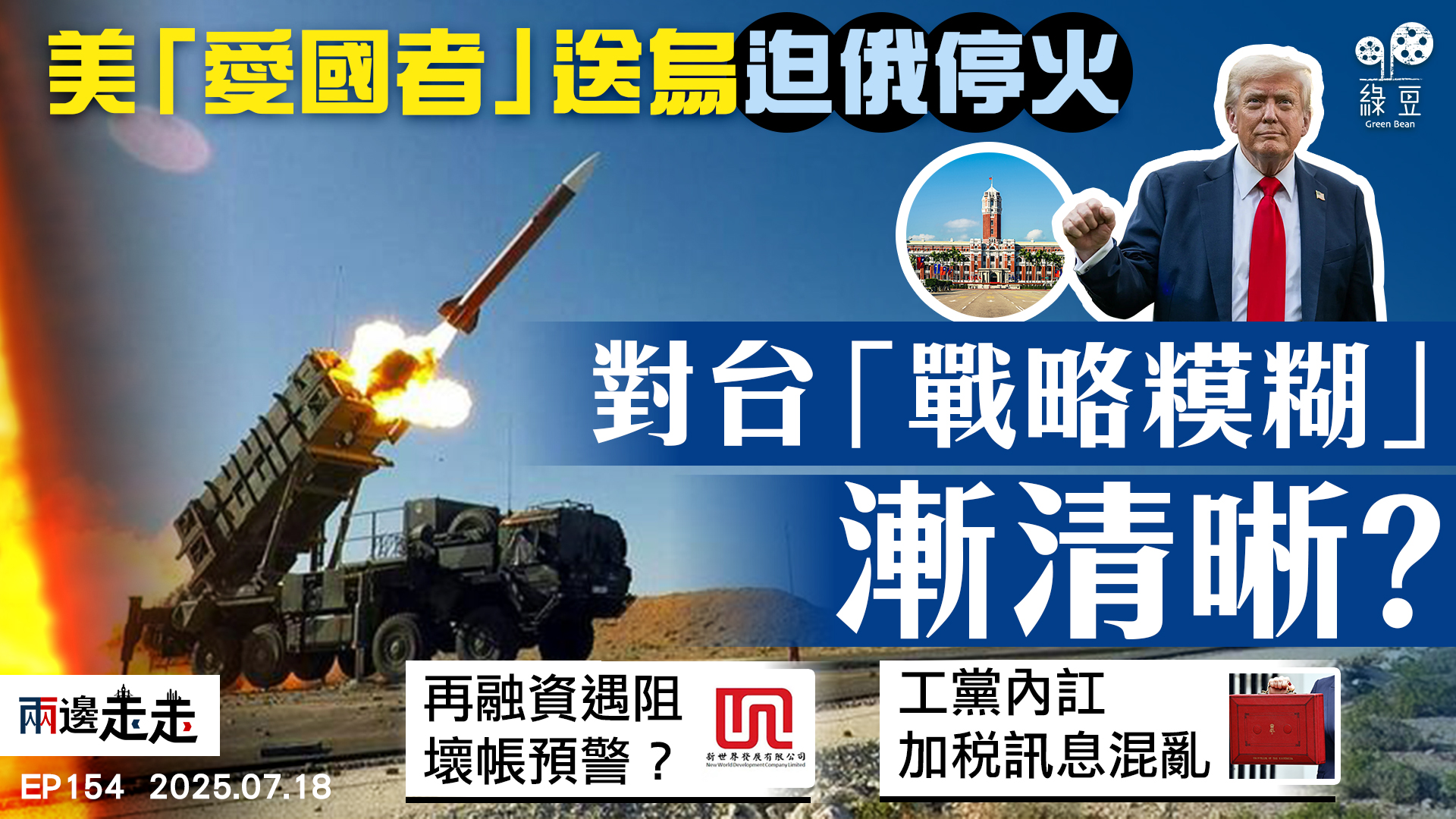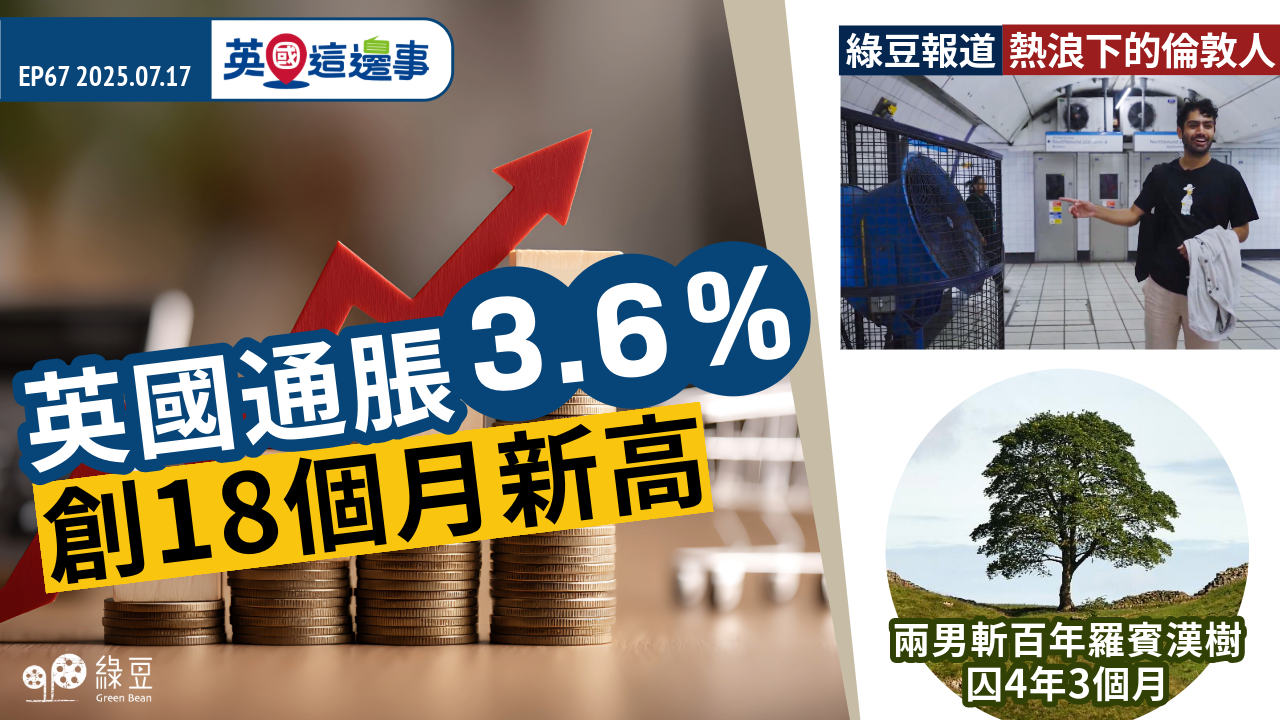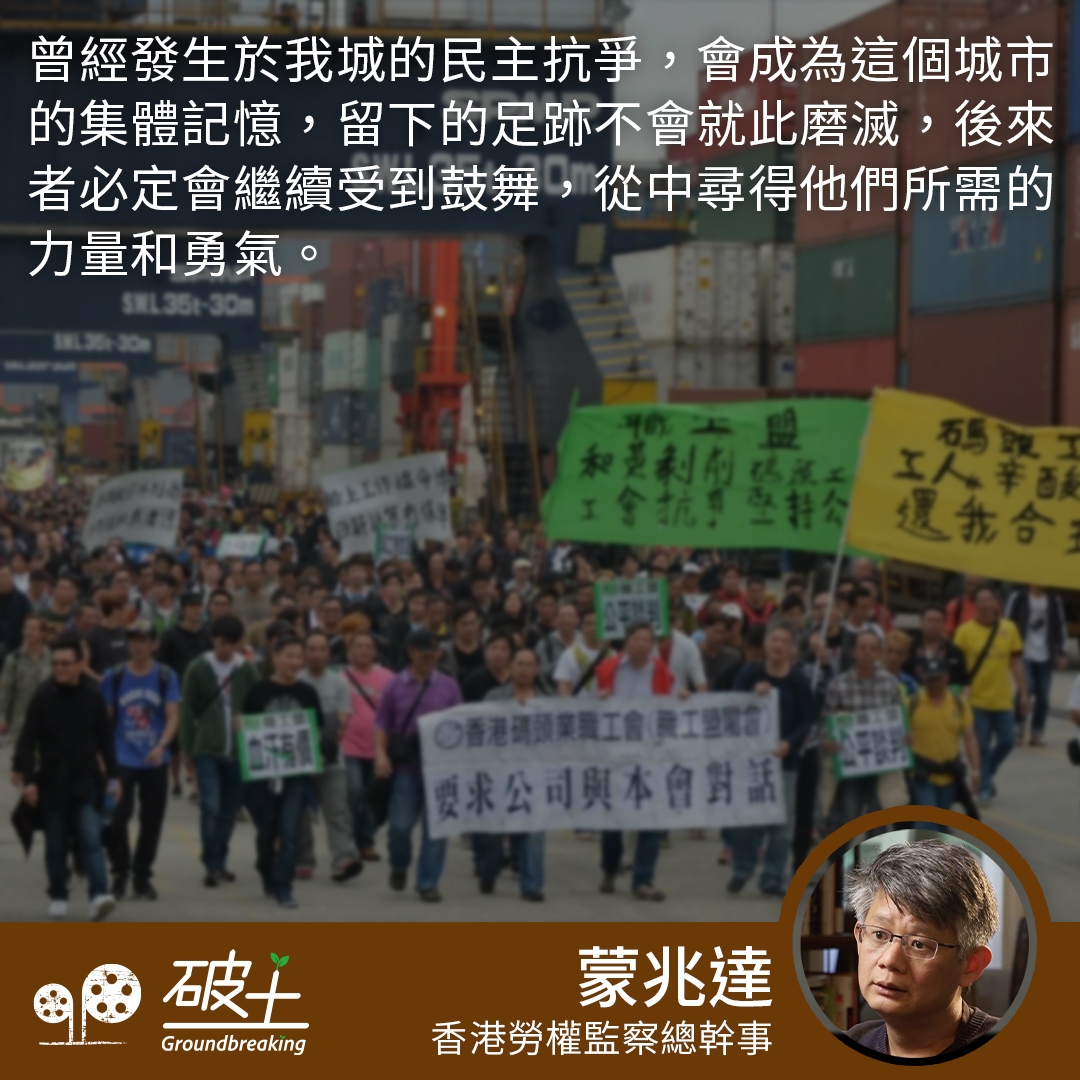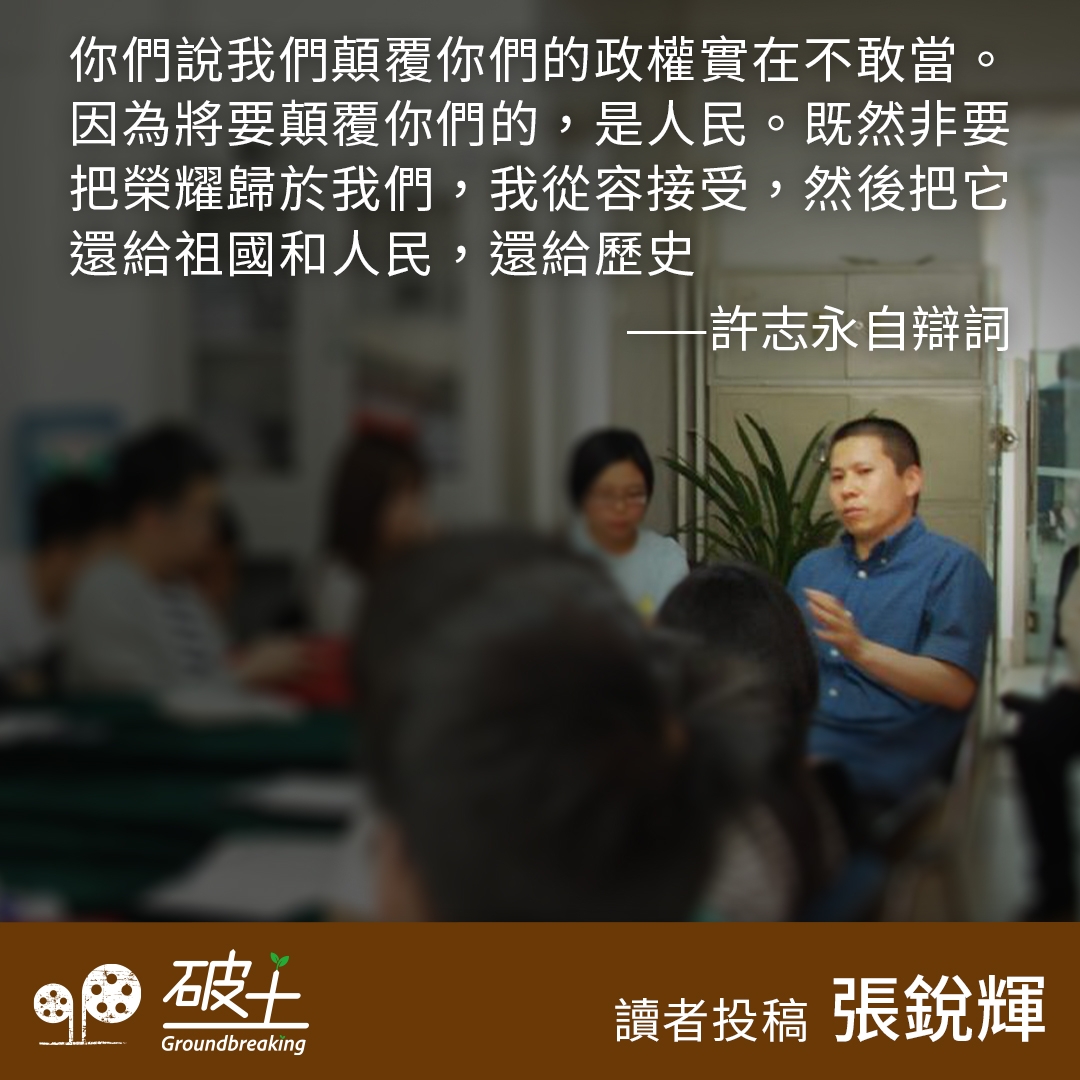The Hong Kong Rule of Law Report for 2022
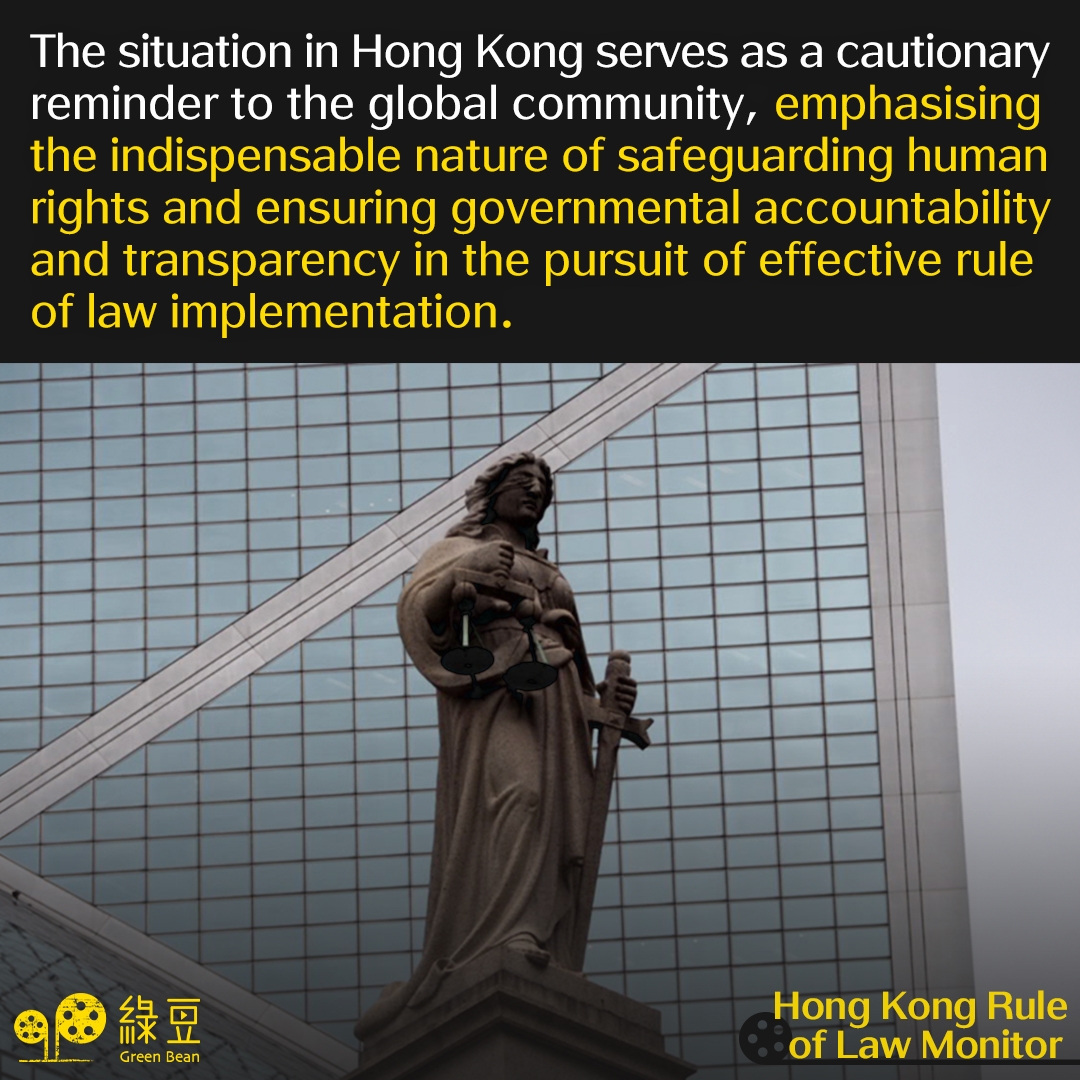
( Hong Kong Rule of Law Monitor has launched The Hong Kong Rule of Law Report for 2022 recently ,what have revealed in the report? )
The concept of the rule of law remains insubstantial unless translated into concrete implementation. Upon an examination of the practical functioning of the rule of law, one must inquire into the objectives and ultimate aspirations that guide adherence to its principles.
Should the implementation of the rule of law’s tenets neglect the objective of safeguarding human rights or ensuring checks and balances over governmental powers, the “rule of law” could easily devolve into a tool adeptly employed to curtail freedom and human rights. This can precipitate a pernicious cycle, wherein an authoritarian regime amassing increasing control capitalises on the guise of the “rule of law” to suppress civil society more effectively.
Hong Kong stands as a poignant illustration of this phenomenon.
Subsequent to the pro-democracy demonstrations in 2019, the Chinese Communist Party (“CCP”) renounced its obligations as stipulated in the Sino-British Joint Declaration, enacting the National Security Law in contravention of the Basic Law. Despite the Hong Kong Special Administrative Region’s (“HKSAR”) commitment as a signatory to the International Covenant on Civil and Political Rights (“ICCPR”), it acted subservient to the CCP, violating globally recognized human rights norms by employing the pretext of the “rule of law” to enforce national security laws and the colonial sedition law, ostensibly to perpetuate stability and the dominance of the totalitarian regime.
The Hong Kong Rule of Law Report for 2022 encompasses events transpiring between 1 January 2022 and 31 December 2022, scrutinising the application of rule of law principles in Hong Kong to ascertain their adequacy in protecting human rights and constraining the Hong Kong SAR regime.
Within this context, the situation in Hong Kong serves as a cautionary reminder to the global community, emphasising the indispensable nature of safeguarding human rights and ensuring governmental accountability and transparency in the pursuit of effective rule of law implementation.
Last but not least, to our fellow Hongkongers: 香港人,加油!
Highlight of the Report
In the Hong Kong Rule of Law Report 2022 , it records and analyzes the events which happened in Hong Kong during the calendar year of 2022. We seek to answer the following 3 questions:
Part I: Were Human Rights protected by the Rule of Law in Hong Kong?
Part II: Was the Rule of Law implemented well?
Part III: Was the Rule of Law well monitored in Hong Kong?
Part I delved into the extent to which the practical application of the rule of law safeguards Human Rights in Hong Kong, encompassing: (a) the execution of the national security law (“NSL”) and the revival of the colonial sedition law; (b) the exercise of the right to freedom of assembly; and (c) the business milieu.
In Part I (a) – National Security Law & the Sedition Law: The concerns articulated by legal scholars and practitioners regarding the NSL have manifested as tangible realities. Notably, in the case of Lui Sai-yu, the minimum sentencing requirement accompanying NSL offenses has emerged as a problematic facet, eroding judicial discretion in sentencing by potentially introducing arbitrariness and constraining courts’ latitude in considering aggravating and mitigating factors. Furthermore, following the revival of the colonial sedition law, the Hong Kong judiciary has actively participated in its enforcement, drawing criticism for its perceived incompatibility with international human rights standards. This has been particularly apparent in instances such as the arrest of six individuals on suspicion of “sedition” for applauding during court proceedings.
In Part I (b) – Freedom of Assembly: The rule of law’s efficacy in safeguarding the fundamental right to peaceful assembly has been compromised. The imposition of substantial custodial sentences for incitement has resulted in severe repercussions for rally organisers, effectively stifling any form of protest. The Court of Final Appeal’s departure from its prior stance on freedom of assembly and expression in the context of the Anti-Mask Law, along with the exploitation of the COVID-19 pandemic as a pretext to suppress peaceful gatherings, have further weakened the protection of this right. Throughout 2022, the government maintained a restrictive 12-person group gathering limit under the Prevention and Control of Disease (Prohibition on Group Gathering) Regulation (Cap. 599G).
In Part I (c) – Business Environment: The targeting of pro-democracy businesses by Hong Kong authorities has unveiled a discernible pattern of selective legal actions and enforcement measures aimed at political opponents, including business entities. While foreign businesses currently appear exempt from such selective enforcement, the absence of a guarantee that activities will remain apolitical in the eyes of Hong Kong authorities in the future casts uncertainty.
Part II undertook an analysis of how the rule of law has been operationalized in Hong Kong through the lenses of: (a) judicial independence; (b) equality before the law; and (c) access to justice.
In Part II (a) – Judicial Independence: The Hong Kong judiciary’s compliance with certain international benchmarks of judicial independence has waned. Evidenced by the one-year term of appointment for NSL judges, doubts emerge regarding the potential influence of the Chief Executive’s decision to renew judges’ appointments on their decision-making. Notably, the erosion of confidence in judicial independence is underscored by the departure of foreign non-permanent judges and human rights lawyers due to the NSL.
In Part II (b) – Equality Before Law: The granting of exemptions under the pretext of COVID-19 measures to different group of people, the adversarial approach adopted by the Hong Kong government towards LGBTQ+ rights, and the lack of measures against forced labour and human trafficking collectively underscore the government’s failure to uphold the principle of “equality before law” in policy implementation.
In Part II (c) – Access to Justice: Proposals for changes to the legal aid system by the Hong Kong Legal Aid Department have the potential to curtail access to justice in criminal cases and choice of legal representation. The crackdown on the 612 Fund has likewise limited financial and legal resources available to arrested pro-democracy protestors. The Court of Final Appeal’s ruling that dispenses with the presumption of bail for NSL and Sedition cases further restricts post-arrest access to justice.
Part III investigated the monitoring of rule of law implementation by: (a) the media; (b) academics; and (c) civil society in Hong Kong.
In Part III (a) – The Media: Press freedom faces multifaceted challenges, with the Hong Kong government emerging as a substantial impediment to journalistic activity. Court-imposed reporting restrictions, particularly concerning, converge with relentless harassment by PRC state media, fostering an environment of fear. Journalists are thus confronted with the difficult choice between professional duties and personal safety.
In Part III (b) – The Academics: Noteworthy orchestrated efforts by university administrations to suppress student bodies and their expression have inadvertently curtailed academic freedom. This, in turn, exerts pressure on academicians to curtail their own free speech. The erosion of academic freedom weakens the capacity to hold public institutions accountable and undermines public oversight of the rule of law.
In Part III (c) – The Civil Society: Since the NSL’s enactment, the Hong Kong government’s persistent assaults on civil society have resulted in the dissolution of over 58 independent organisations. Key officers have faced threats, arrests, charges, or imprisonment. This comprehensive campaign has effectively dismantled the oncevibrant civil society, representing a grave encroachment upon freedom of association and other fundamental rights enshrined in the Basic Law, Hong Kong Bill of Rights, and ICCPR.
Full report : https://hkrlm.org/2023/10/23/rol-report-2022
